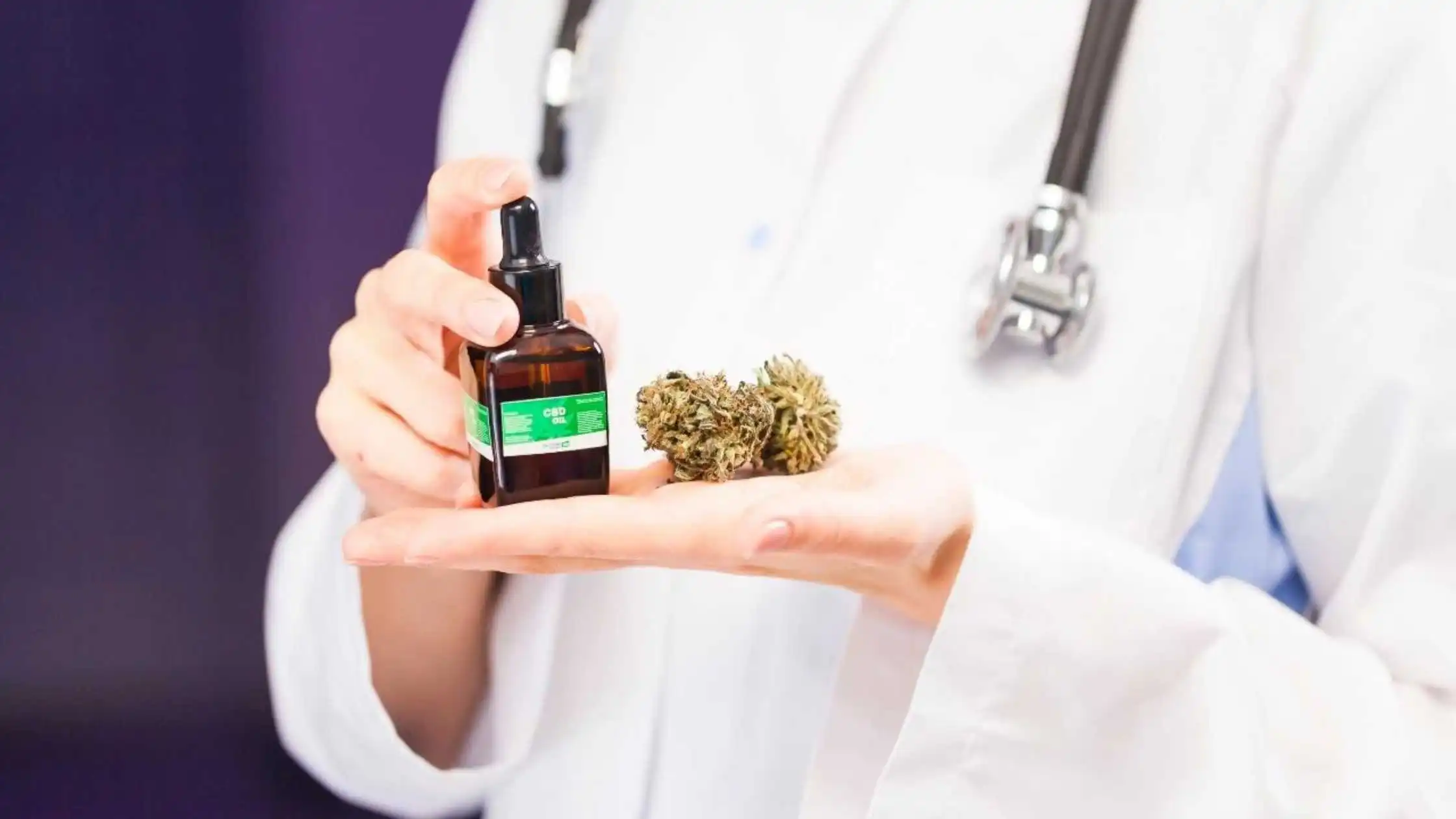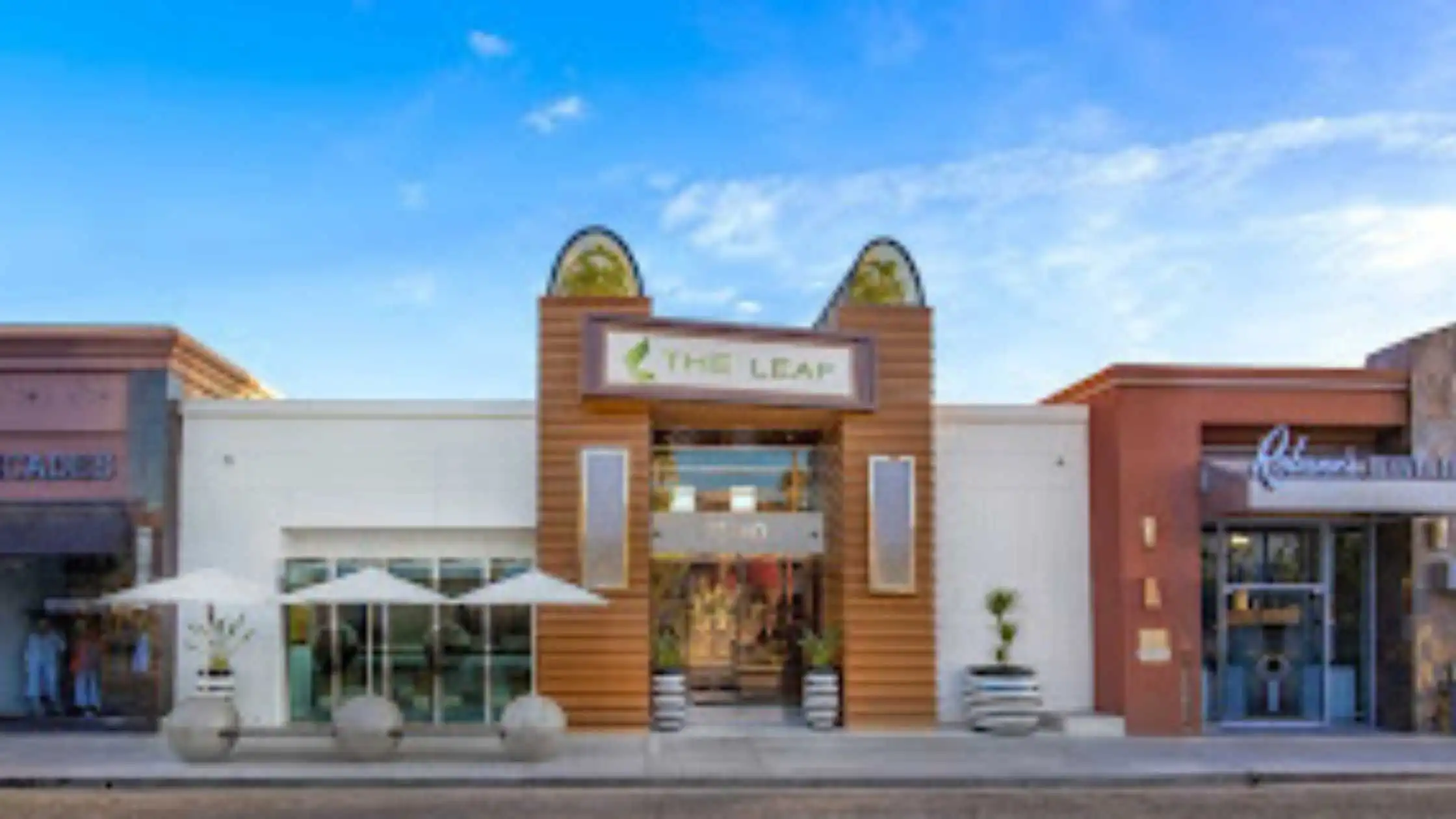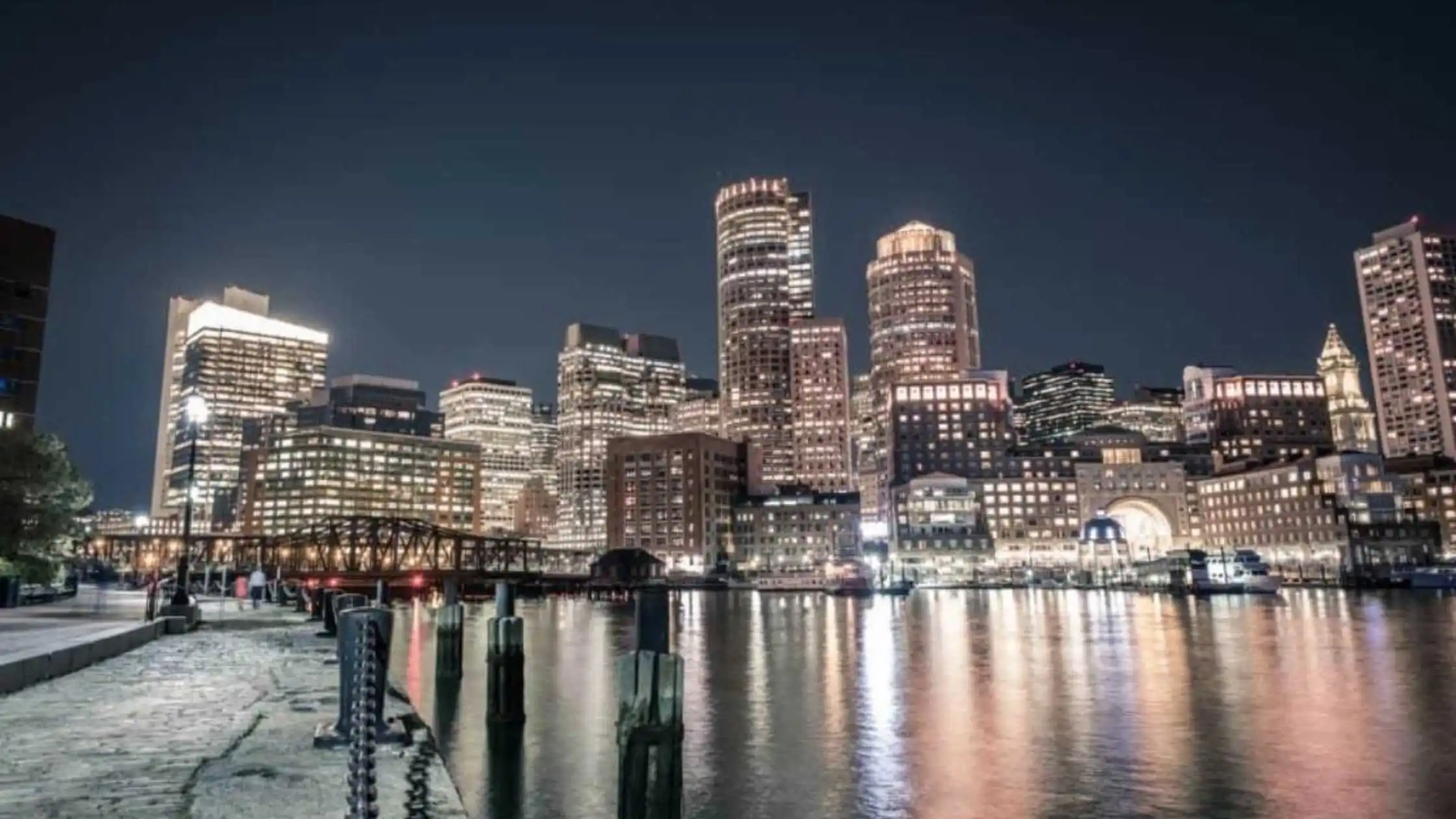By now, we have all become accustomed to the celebratory spirit among cannabis enthusiasts that accompanies April 20, particularly in regulated markets.
Once known only to a counterculture crowd, the annual “weed holiday” is becoming more and more mainstream.
Even those who have never visited a marijuana store have heard talk of “4/20.”
Brands increasingly use it to promote sales in April, and even some non-cannabis brands are now referencing it in advertising.
All this promotion appears to be working: On April 20, 2021, a single-day record was set for medical and recreational marijuana sales in the United States.
A healthcare victory
With all this mainstreaming of cannabis, it is easy to forget that not long ago consumers and medical patients were unable to obtain cannabis legally or access informed, unbiased information about its benefits.
Beyond all the clouds of smoke and all the brand-building that will occur today, there is a much bigger reason to celebrate 4/20.
At its most basic, the end of cannabis prohibition signifies a victory for healthcare equality.
Consider how prohibition negatively impacted our entire culture and society.
By stigmatizing and criminalizing marijuana, we effectively killed any possible research on the plant, its effects and how it might be useful in medical applications.
This left patients completely on their own and at risk of arrest when seeking alternative treatments.
And it has left us decades behind where we should be concerning knowledge of the healing potential of cannabis.
Worst of all, the war on drugs unfairly targeted Black and minority populations through dramatically unequal enforcement, prosecution and sentencing practices.
Entire families, and sometimes entire communities, were decimated by these patently racist policies, which have left a sad legacy.
Today, Black Americans are still nearly four times more likely to be arrested for marijuana possession than white Americans.
Since California legalized medical marijuana through the Compassionate Use Act in 1996, a slow but steady momentum toward legalization has been rolling across the United States.
These laws finally allowed people struggling with a variety of ailments, ranging from glaucoma to anxiety, to access cannabis to alleviate their symptoms.
As medical legalization proliferated, the stigma against cannabis began to slowly erode.
A rising tide
Every new cannabis market that opens in the United States brings with it millions of curious consumers.
Today, cannabis sales among older Americans are increasing, and data shows that cannabis consumers come from all ages and all walks of life.
The hemp industry’s success begins with quality genetics.
While the stigma against cannabis continues, significant portions of the population are putting aside antiquated ideas about the plant.
There are thousands of CBD brands widely available across the country, and THC products in states with legal markets run the gamut from “old school” flowers to edibles, beverages, tinctures and even nasal sprays.
Products are tested for purity and safety while more accurate and consistent dosing options are available.
New age of access
The conversation surrounding cannabis has also become destigmatized, and we are entering a new enlightened age of access to knowledge and information.
Today we have cannabis-educated healthcare professionals, cannabis physicians and, yes, cannabis-trained nurses.
Dozens of evidence-based information services have arisen to help consumers make informed decisions about marijuana consumption and health ailments.
Overall, we know more about the effects of cannabis, how different cannabinoids impact the body and how terpenes interact with cannabinoids.
Today, we enjoy the greatest access to marijuana products, services and information than at any time in our history.
Almost half of Americans live in states with legal access to adult-use marijuana.
The medical use of marijuana has been legalized in 39 states and the District of Columbia. The recreational use of cannabis is also legal in DC and 18 states.
Just 10 years ago, only two states had legalized marijuana for adult use.
These are the enduring reasons to recognize and celebrate 4/20.
But they should also serve as a call to action for the industry to address the challenges that remain.
More to be done
For far too many citizens, the cost of cannabis products remains out of reach, impacting primarily lower-income and minority populations.
We still punish most U.S. veterans through arcane cannabis restrictions, making it more difficult for them to seek out alternative medications and forcing them to potentially risk the benefits they deserve as a result of their military service.
Cannabis has yet to be incorporated into health insurance policies, and, sadly, marijuana-related arrests still comprise more than 40% of all drug arrests in the United States.
So celebrate 4/20 with joy and enthusiasm, but keep in mind that we still have much to accomplish and that the most important thing to celebrate on this day is that millions of Americans now have access to life-changing products.
There is still work to be done for cannabis healthcare equality.
Let’s come together as an industry to push for all Americans to have access to legal, safe and affordable cannabis products.
Katherine Golden is a registered nurse and CEO, executive director and founder of Leaf411, a 501(c)(3) nonprofit organization that provides education and directional support to the general public about the safe and effective use of cannabis.
Disclaimer: https://mjbizdaily.com/4-20-cannabis-celebration-is-a-triumph-of-health-care-equality





